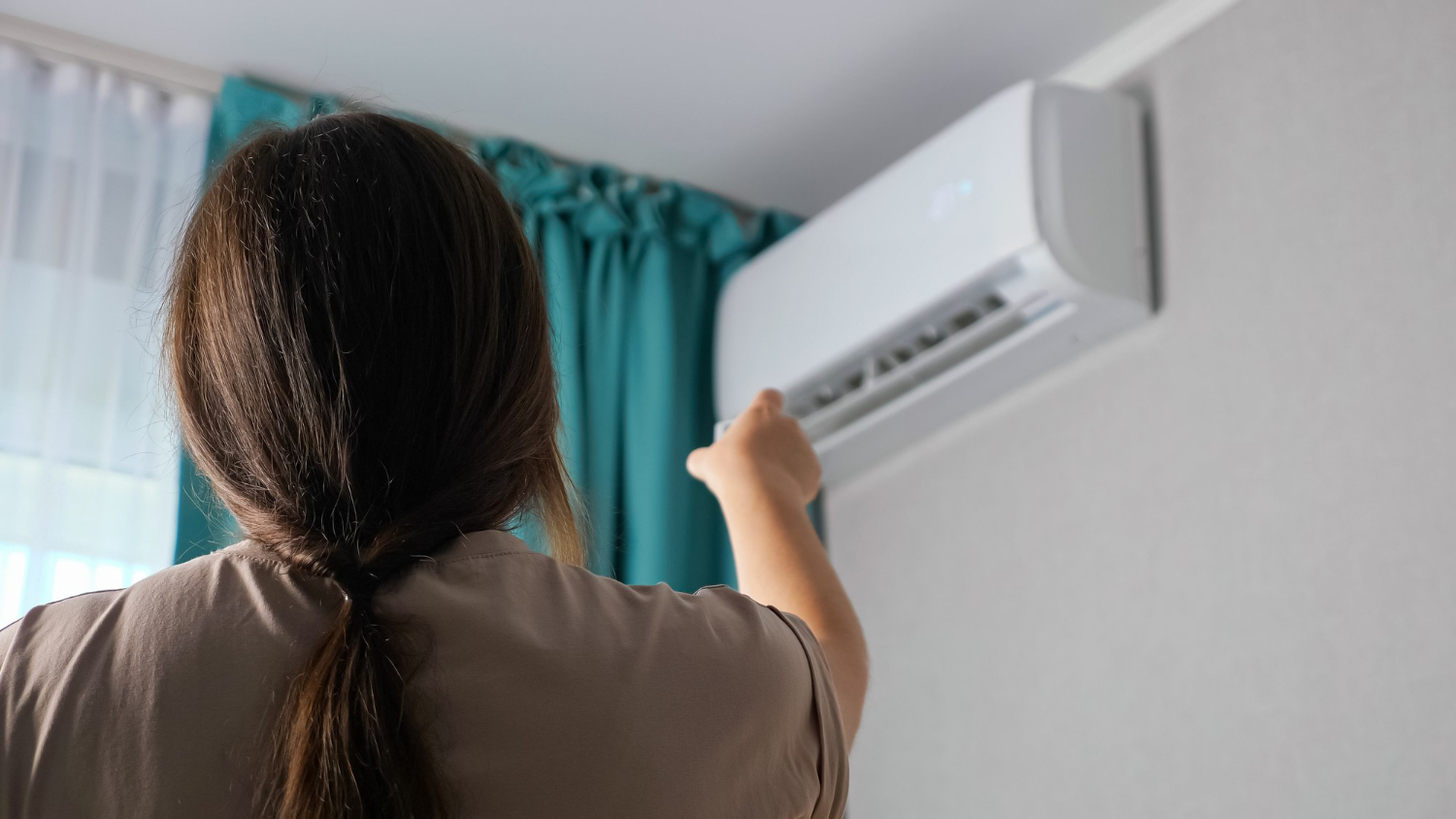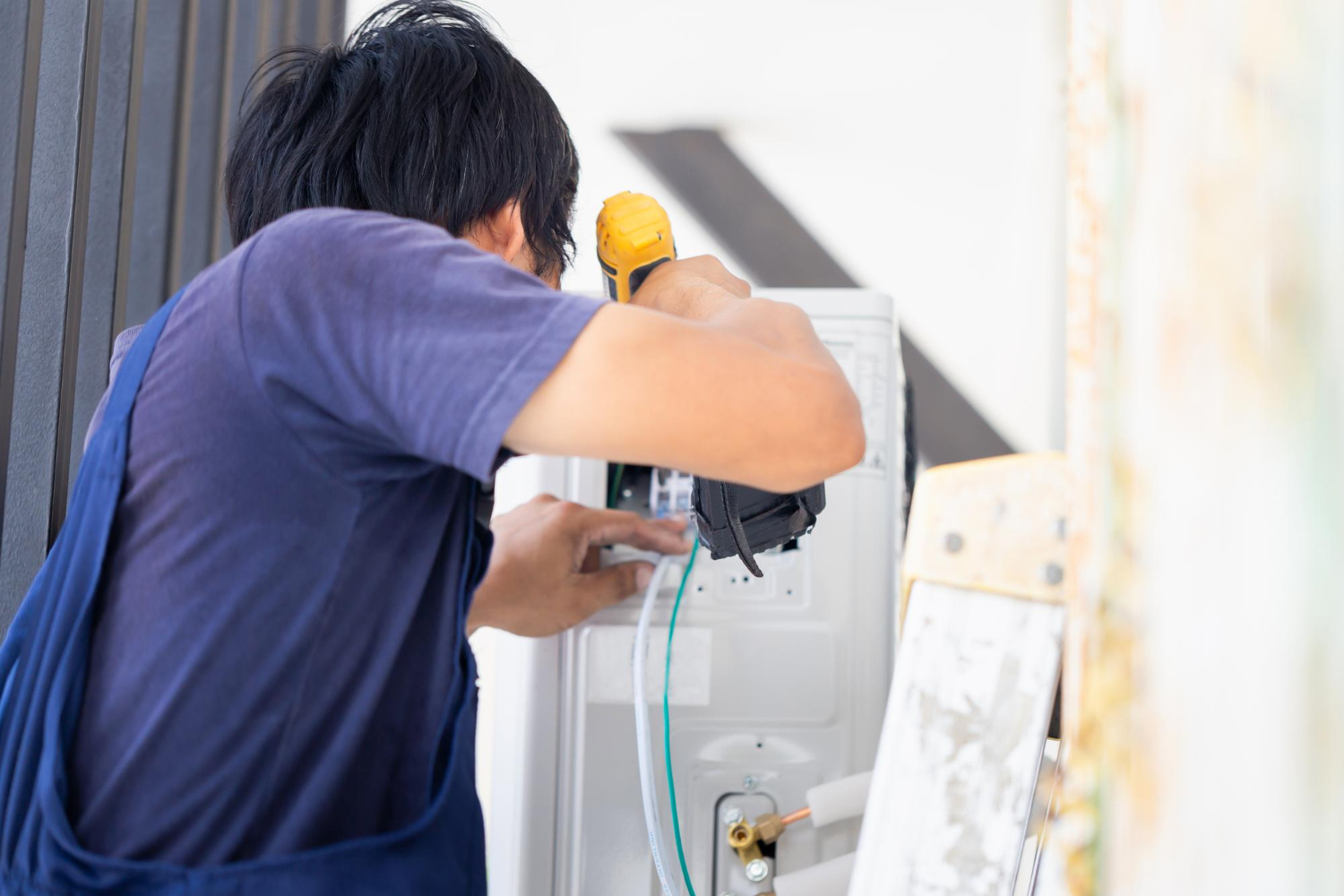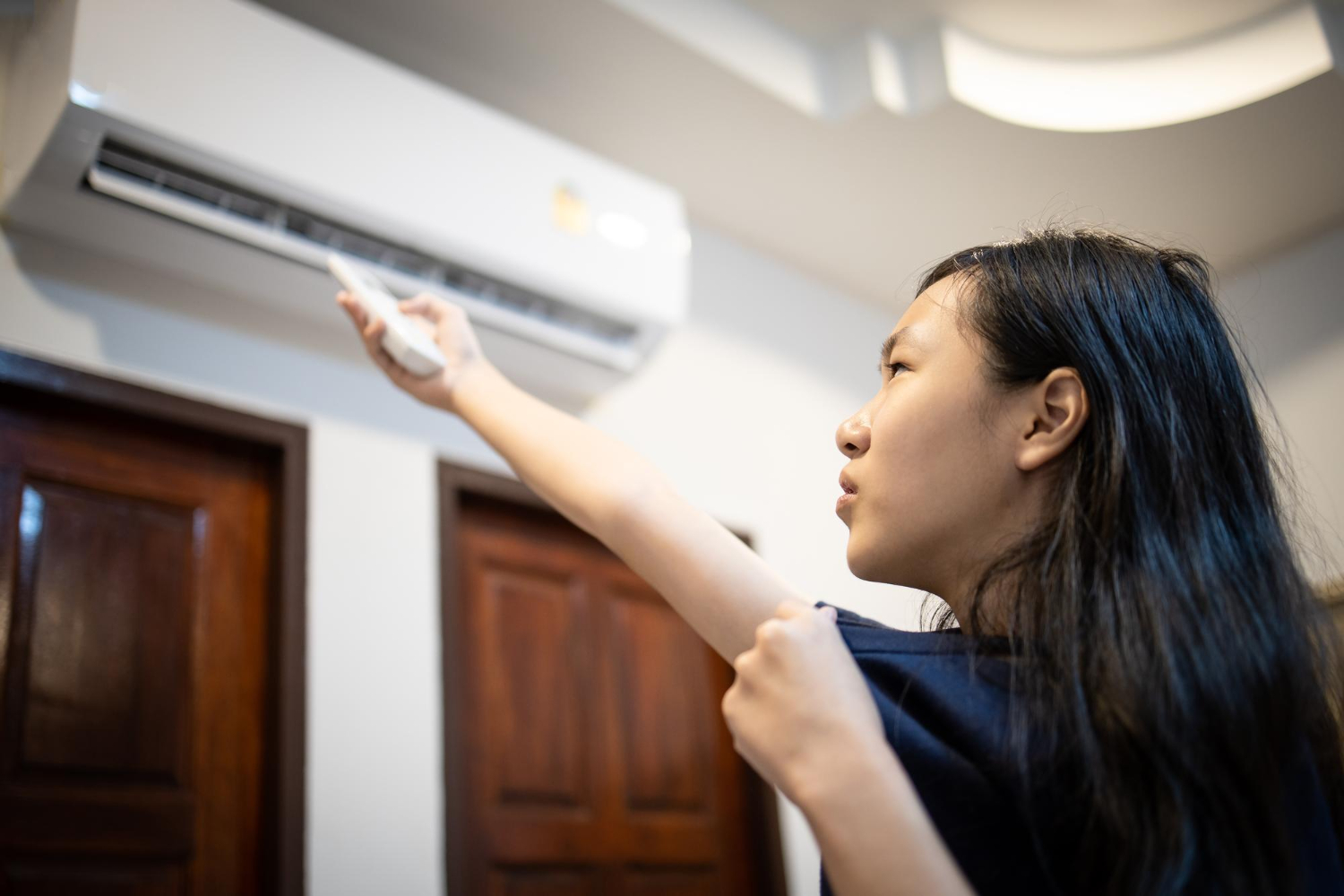Three Compelling Reasons to Keep Your 20-Year-Old Air Conditioner
Reliability
Reliability can be a compelling reason to consider keeping your old AC unit for several reasons:
- Proven Performance: Your old AC unit has demonstrated its ability to perform consistently over the years. It has weathered various seasons and provided reliable cooling when you needed it most. This track record of dependable performance is a strong indicator of its reliability.
- No Surprises: With an older AC unit, you likely know what to expect in terms of its operation and performance. There are no surprises or uncertainties associated with a new system that might have unforeseen issues or require adjustments to your cooling habits.
- Cost Savings: Replacing an AC unit can be a significant expense, not only in terms of purchasing the new unit but also in installation costs. By keeping your old, reliable AC, you can avoid these upfront expenses, making it a cost-effective choice.
- Environmental Considerations: Replacing an old AC unit contributes to electronic waste and requires energy for manufacturing and disposal. By keeping your reliable unit, you reduce the environmental impact associated with replacing appliances prematurely.
- Sustainability: Extending the lifespan of appliances is a sustainable choice. It aligns with the principles of reducing waste and conserving resources. If your old AC is still working efficiently, there’s no need to replace it solely for the sake of having a new unit.
- Budget-Friendly: A new AC unit can be a significant financial burden. If you’re on a tight budget or have other pressing home expenses, keeping your old, reliable AC allows you to allocate your resources more effectively.
It’s important to note that while reliability is a strong argument for keeping an old AC unit, it should be evaluated in conjunction with other factors such as energy efficiency, maintenance costs, and whether the unit still meets your cooling needs.
Backup Cooling
Having a backup cooling system in the form of an older AC unit can offer several benefits and serve as a valuable contingency plan for homeowners:
- Immediate Relief: A backup AC unit can provide immediate relief from discomfort caused by heat and humidity. While waiting for repairs on your primary system or during a power outage, you can rely on the backup unit to maintain a habitable indoor environment.
- Minimal Installation Hassle: Since the older AC unit is already in place and connected to your home’s HVAC system, using it as a backup requires minimal installation or setup. This means you can quickly switch to the backup unit when needed, saving time and effort.
- Compatibility: Older AC units may be well-integrated with your existing ductwork and infrastructure. Compatibility with your home’s current HVAC system simplifies the process of using the backup unit and reduces the need for additional modifications or expenses.
- Flexibility: A backup AC unit provides flexibility in how you manage cooling needs. You can allocate it to specific areas of your home, focusing on keeping essential spaces cool during emergencies. This zoning capability can be especially useful for elderly family members or those with medical conditions who require a consistently cool environment.
AC needs to evolve over time. What kept your family comfortable two decades ago might not meet today’s standards. Before considering replacement, evaluate whether your aging AC unit can still keep up with your cooling requirements.
Compatibility with Existing Infrastructure
Keeping your older AC unit due to its compatibility with existing infrastructure can offer several significant benefits for homeowners:
- Cost Efficiency: Older AC units that are already integrated into your home’s existing infrastructure, including ductwork and electrical systems, can save you a substantial amount of money. Replacing these components to accommodate a new AC system can be costly and time-consuming. By retaining the older unit, you avoid these additional expenses.
- Simplified Installation: Installing a new AC unit can often require modifications to your home’s infrastructure, such as adapting ducts and wiring to fit the specifications of the new system. This process can be complex and disruptive. With an older unit that is compatible with your current infrastructure, installation is straightforward and minimizes disruption to your daily life.
- Reduced Installation Time: New AC installations can take several hours or even days, depending on the complexity of the project. In contrast, keeping your older AC unit with compatible infrastructure can result in a much shorter installation process. This means you’ll regain your comfort sooner and experience minimal inconvenience.
- Lower Installation Costs: The cost of installing a new AC unit can often include not only the price of the unit itself but also the expenses associated with modifying your home’s infrastructure. By sticking with your existing setup, you avoid these additional installation costs, making it a more budget-friendly choice.
- Minimized Disruption: Installing a new AC unit can disrupt your daily routine and living conditions due to the necessary construction work. When you keep your older AC unit and compatible infrastructure, you avoid the inconvenience and mess associated with extensive modifications.
- Customization Options: Older AC units can often be fine-tuned to meet your specific comfort requirements within your existing infrastructure. This level of customization may not be readily achievable with a new system, as it may require additional modifications and expenses.
At ADI Heating & Air, we understand the importance of making the right decision for your home’s cooling needs. Our expert technicians specialize in AC installation in Olney, MD, and are here to provide guidance tailored to your situation. Whether you decide to keep your trusted old AC or opt for a modern replacement, we’re here to ensure your comfort year-round. Get in touch with us today for personalized advice and top-notch HVAC services.











